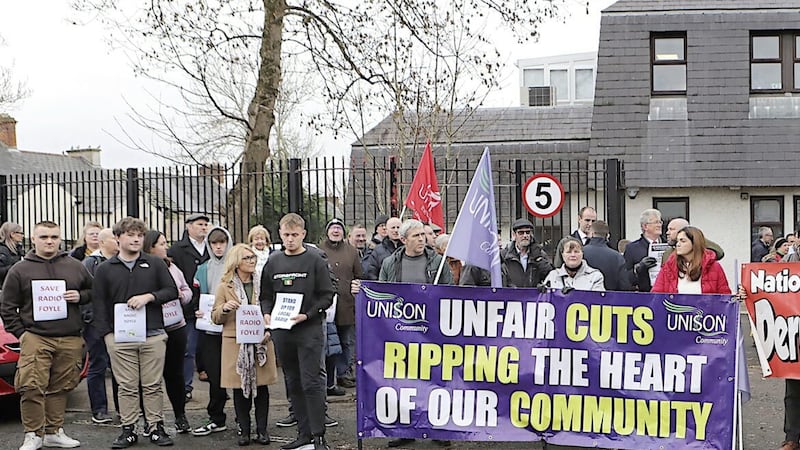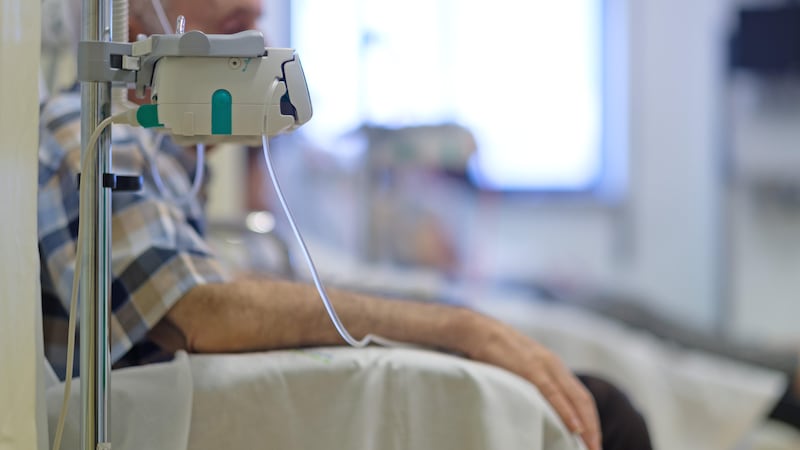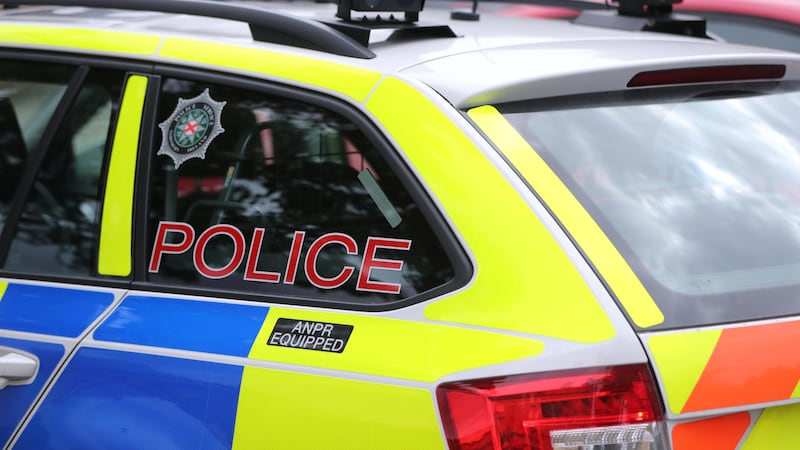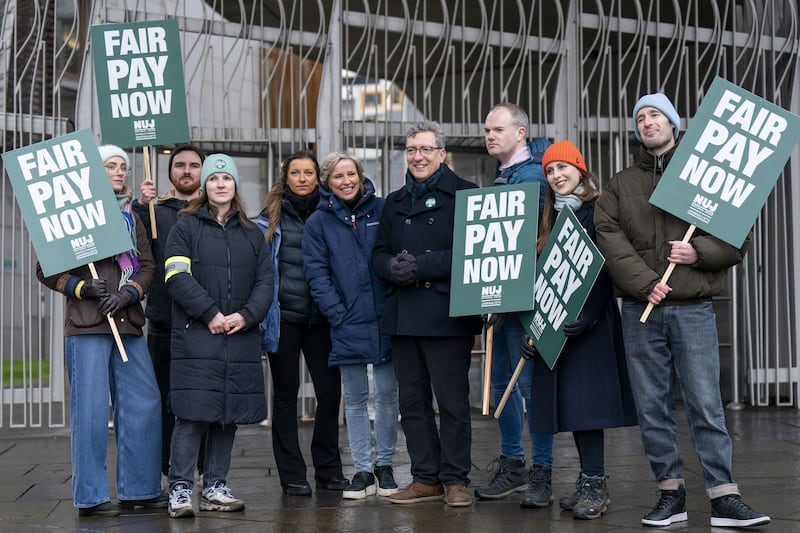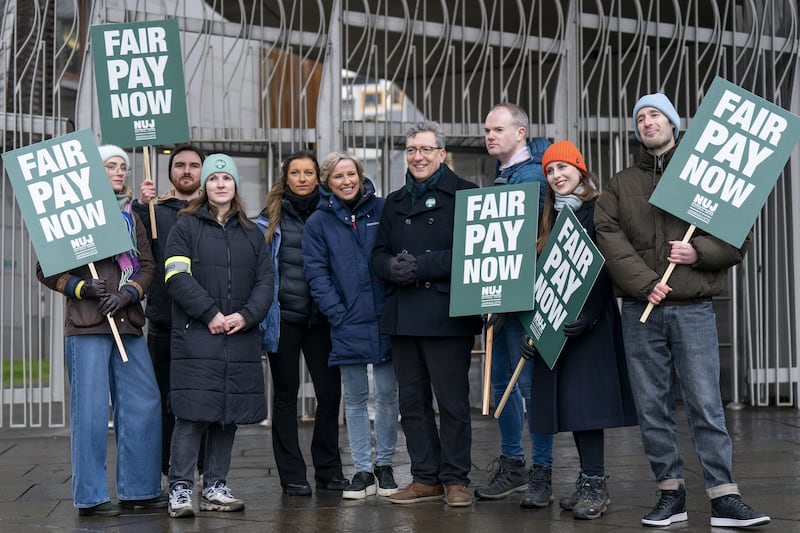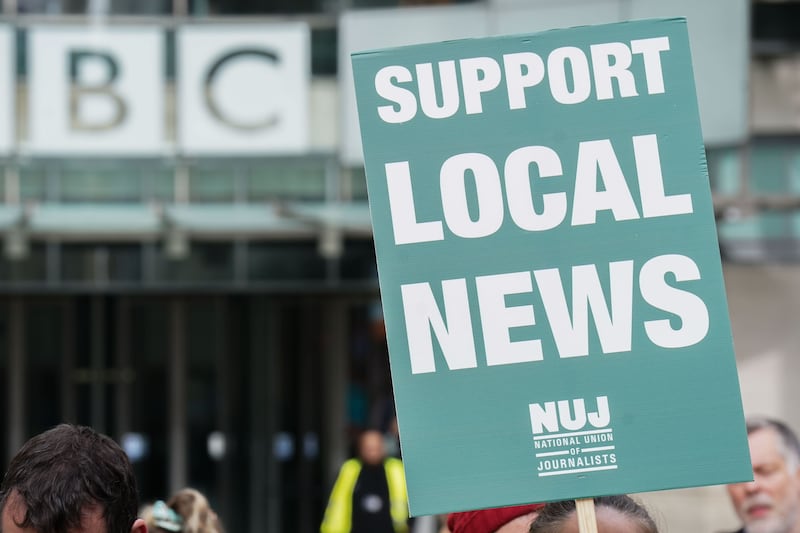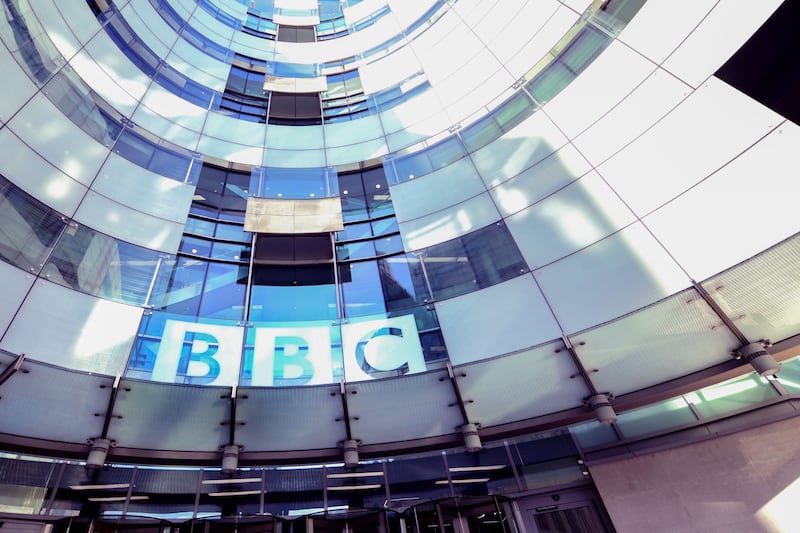NUJ members at BBC Northern Ireland are to stage a 24-hour strike next Friday, coinciding with the first day of Northern Ireland’s local government election count.
The National Union of Journalists said its members were left with “no option” in light of BBC NI management’s decision to cut programmes and jobs. The action by 220 NUJ members across BBC NI is likely to severely impact on the station’s coverage of the council election count.
There was widespread criticism of the decision to reduce news output from BBC Radio Foyle in Derry, coupled with possible job losses. The Derry station’s flagship Breakfast Show news programme was cut from two hours to 30 minutes while the lunch time programme was replaced by an extended news bulletin.
BBC NI director, Adam Smyth said the new schedules reflected the BBC’s commitment to the north west as a “production centre” for local and regional output. However, the changes, which came into effect last month, were met with a ballot to strike which was endorsed by 83 per cent of NUJ members across BBC NI.
NUJ spokesman, Paul Siegert said management had failed to save “valued programmes” or guarantee the security of journalists’ jobs. He said the broadcaster was seeking £2.3m in savings as part of a cost-cutting exercise, cutting 36 jobs.
Mr Siegert said union members believed the restructuring plans would impact their ability to deliver quality programmes. He highlighted in particular the decision to shorten the Radio Foyle Breakfast Show.
“Members have been left with no option than to head to pickets in defence of their jobs and the much-loved programmes listeners tune into daily. Yet again, the BBC is pursing savings and drastic changes at the expense of quality journalism it claims to pride itself on.
“The NUJ wants to reach a solution that resolves the dispute and asks the BBC to return to talks with a fair offer members can accept,” Mr Siegert said.
A BBC spokesman said the broadcaster would “continue” to engage constructively with staff and the trade unions in the interests of everyone involved as well as the BBC audience.
However, there has been widespread support for the decision to strike. SDLP leader, Colum Eastwood called for “solidarity” with the BBC journalists. The Foyle MP said the cuts would have a “devastating impact” on local news coverage.
“People in Derry will not be treated as an afterthought. Despite repeated challenges to BBC senior management, we have yet to receive a satisfactory response or justification for the burden of reductions falling on important local programming,” he said.
Mayor of Derry, Sandra Duffy called on the public to support striking journalists on the picket lines while Sinn Féin MLA Pádraig Delargy said Radio Foyle and local radio should be protected.
Mr Delargy said: “People across the north west are speaking with one voice on this issue.”
People Before Profit MLA Gerry Carroll called for a temporary "boycott" of the BBC as his party stood in "full solidarity to the BBC staff who are facing down vicious cuts to jobs and programmes".
“These cuts are a despicable attack on workers during a cost-of-living crisis and a blow to journalism and democracy in the North," Mr Carroll said.
“NUJ members must be commended for resisting the BBC’s cuts. Their strike action is part of a wider fight to save public services, which are being devastated by a brutal return to austerity."
The strike action will take place from 12.15am on Friday until 12.15am on Saturday, May 19 – 20.
